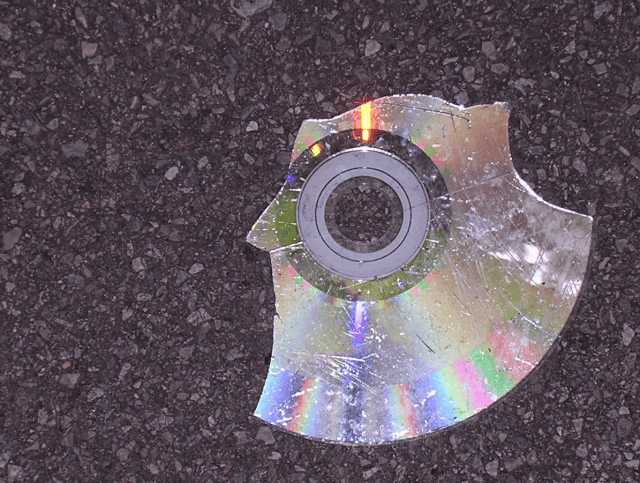
Microsoft is planning to release a disc-free version of the Xbox One as early as next spring, according to an unsourced report from author Brad Sams of Thurrott.com (who has been reliable with early Xbox-related information in the past).
The report suggests the disc-free version of the system would not replace the existing Xbox One hardware, and it would instead represent “the lowest possible price for the Xbox One S console.” Sams says that price could come in at $199 “or lower,” a significant reduction from the system’s current $299 starting price (but not as compelling compared to $199 deals for the Xbox One and PS4 planned for Black Friday this year). Buyers will also be able to add a subscription to the Xbox Games Pass program for as little as $1, according to Sams.
For players who already have games on disc, Sams says Microsoft will offer a “disc to digital” program in association with participating publishers. Players will be able to take their discs into participating retailers (including Microsoft Stores) and trade them in for a “digital entitlement” that can be applied to their Xbox Live account.
Sams said the new hardware doesn’t mean that Microsoft is giving up on distributing games via disc. In fact, Sams says a lower-cost revision of the traditional Xbox One S, with some incidental features removed, is also planned for sometime next year. The new disc-free hardware is also separate from Microsoft’s reported plans for a streaming-focused box, codenamed Scarlett, that is currently expected in the 2020 timeframe.
The idea of a disc-free Xbox One doesn’t come completely out of the blue. Microsoft’s Phil Spencer said in 2014 that the company was seriously looking into removing the disc drive from the Xbox One as late as mid-2013, just months before launch. That consideration, of course, came amidst Microsoft’s muddy and confused flip-flopping on used game rights and digital game ownership in general around the same time frame.
The idea of a low-cost, download-focused system also meshes well with Microsoft’s recently announced All Access program, which gives users free Xbox One hardware with a two-year subscription to Xbox Live and Xbox Games Pass. In both cases, the thrust seems to be toward reducing the entry-level cost for accessing a vast digital library of Xbox games, including backward-compatible titles from older console generations.
The prevalence of and market for purely downloadable console games has certainly increased since 2013, when a Gamestop survey found 60 percent of customers wouldn’t buy a system that didn’t play used games. More recently, a full 50 percent of initial sales for Destiny 2 on consoles came via download instead of disc, suggesting the transition away from physical media may have reached a tipping point. It has now been more than six years since EA said it expects to become a “100 percent digital company” in the future and that the eventual end of retail games sales is “inevitable.”
Here at Ars, we publicly mulled the pros and cons of a console without physical media back in 2015 and again just last year. While the market might not be ready for an entirely disc-free console platform just yet, having lower-cost, disc-free hardware as an option might just be an idea whose time has come.


